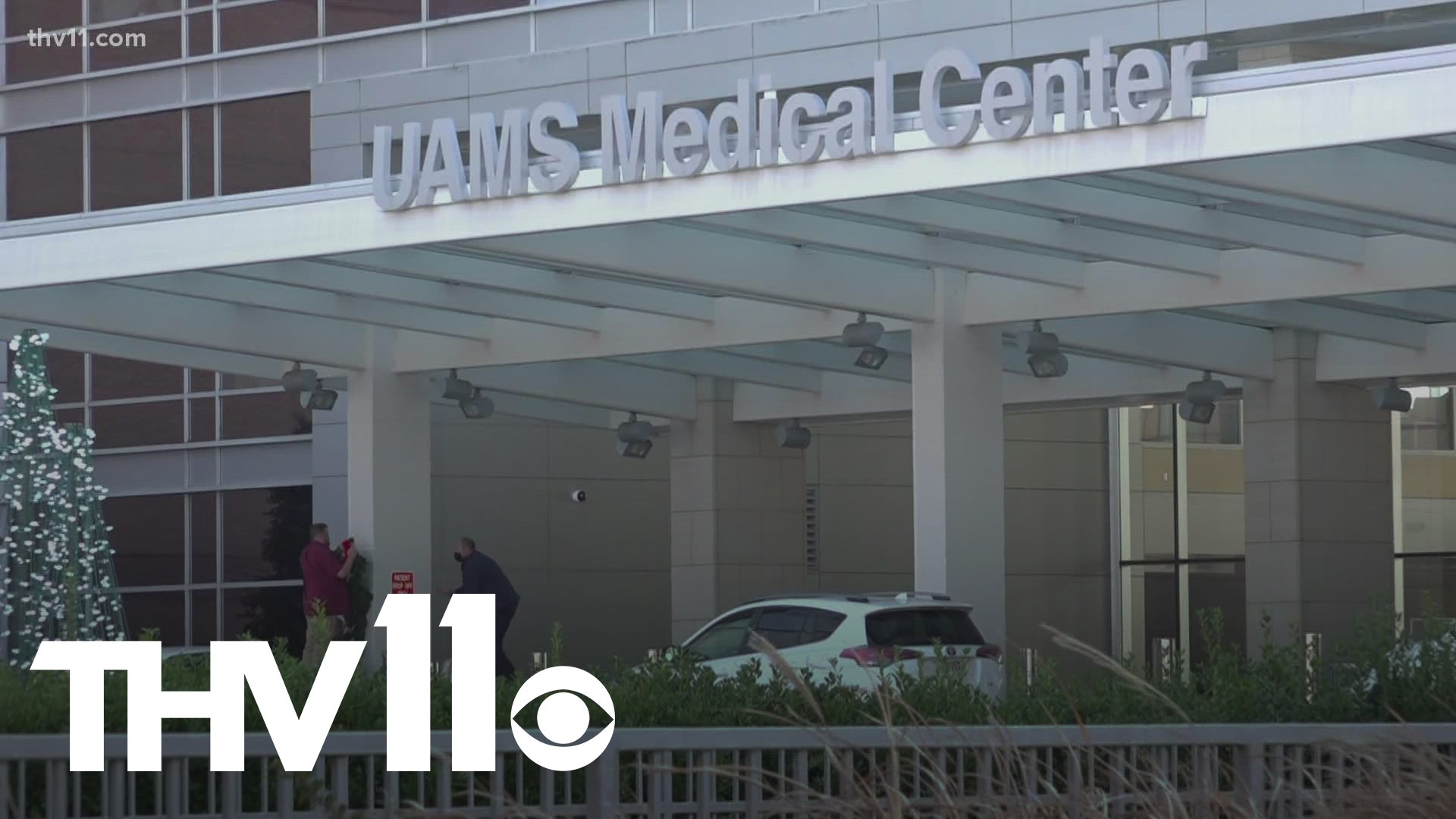LITTLE ROCK, Ark. — It started as a dirty job for Dr. David Ussery, who works as a professor at UAMS in the Department of Biomedical Informatics.
"The previous talk is all about wastewater," he said. "And potentially we could get lots, maybe hundreds of genomes like that, and then compare it through the different people and get a little bit more of an idea about how the virus is changing over time."
Much like the virus, Dr. Ussery's work also continues to change as time passes. We first spoke with him in March of 2021, when he was using some pretty nasty things to track COVID-19 – what you flush.
"Across Arkansas, the various wastewater facilities are beginning to test for COVID," he said. "With the CDC, there's kind of an effort to build up this potential."
It may sound gross, but it works.
Samples from places like North Little Rock's Wastewater Treatment Facility were used in his research. Now, he and his team are using methods such as nasal swabs and PCR tests.
With news of the omicron variant in California, it got many thinking – could this same research, used to determine what COVID-19 variant is in a sample, be used to detect the omicron variant-- if or when it comes to Arkansas?
"By knowing where people come from, you could localize where it is and begin to work on it," Dr. Ussery said. "Rather than saying Arkansas, well it's a big state. Where specifically is the outbreak? It's in Fayetteville on this street, okay, that's good to know."
This works starts in their lab at Arkansas Children's Hospital.
Machines sequence genomes, or match DNA to tell exactly what it is – in this case, variants of COVID-19.
"Imagine there's a block where you have all these people that are infected, and you can say they all got it from the same source," Dr. Ussery said. "So when you have the genome sequence, you can tell a lot more about this. Whether people got infected from there or somewhere else."
Dr. Ussery said as the omicron variant continues to spread, you should keep an eye on it.
At the same time, there are still ways to keep safe from the variant and prepare, if or when it comes to the Natural State.
"The best way to prepare is to get vaccinated. On top of that, if you social distance and wear masks, then you can keep the chances pretty low," he said. "Right now, in Arkansas, it's fairly safe. Keep your fingers crossed."

